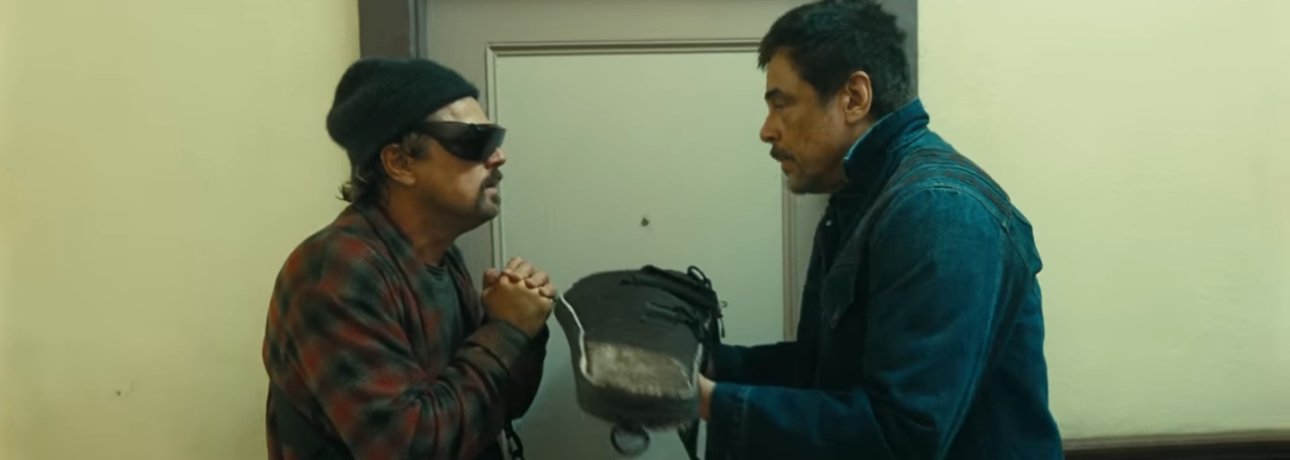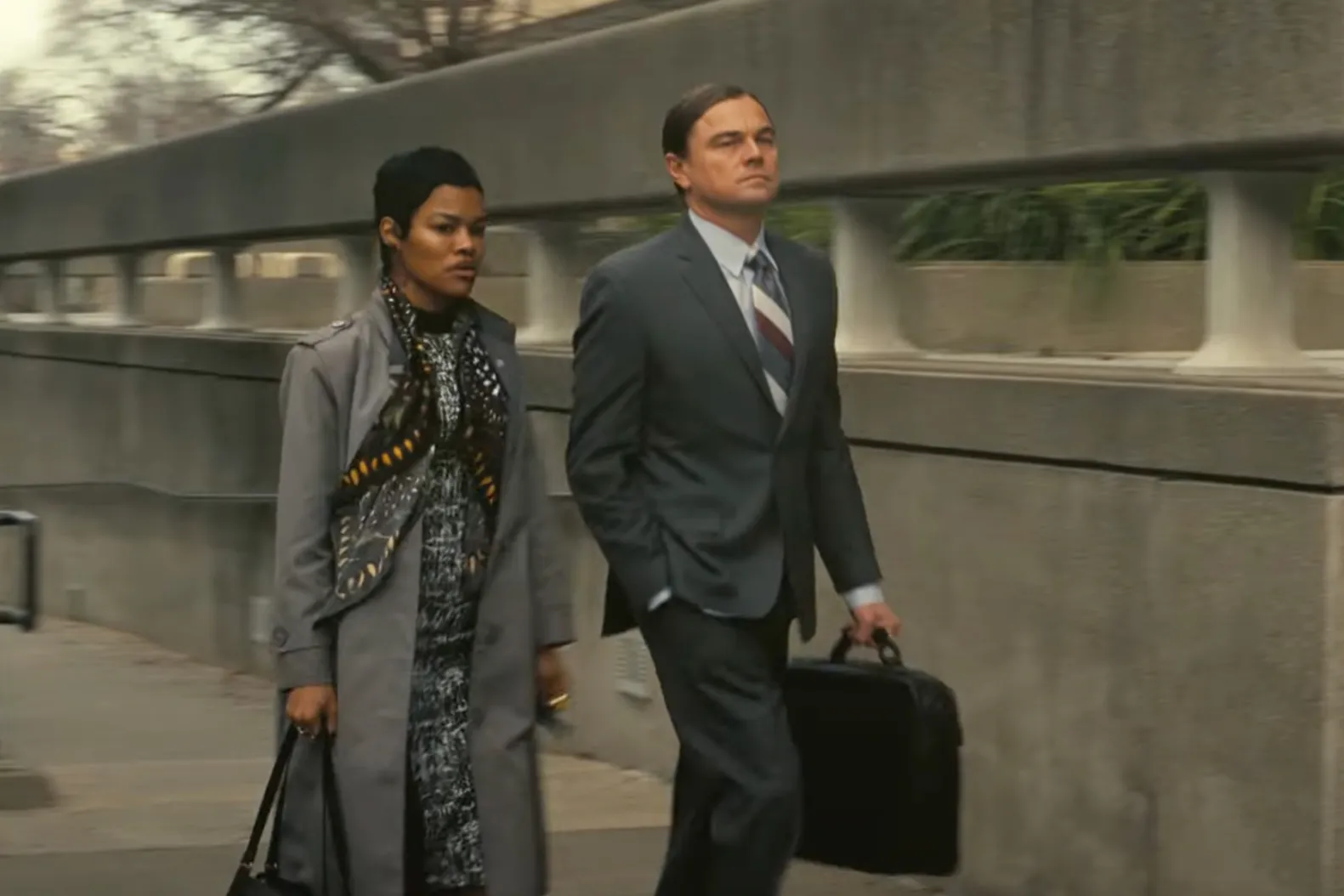One Battle After Another: When Life Feels Like an Endless War
Have you ever felt like you're living in the middle of an action movie where the hero never gets a break? Just when one crisis ends, another begins. Your phone buzzes with bad news, your car breaks down right after you paid off a medical bill, or a relationship crumbles just as you thought you'd found stability. Welcome to the reality of "one battle after another" – a phrase that captures the exhausting cycle of continuous struggles that many of us face.
Life isn't supposed to be easy, but sometimes it feels downright unfair. When challenges pile up like dirty laundry, it's natural to wonder why some people seem to glide through life while others face relentless adversity. The truth is, everyone fights battles – some are just more visible than others.

What Does "One Battle After Another" Really Mean?
The phrase "one battle after another" describes the experience of facing successive conflicts, challenges, or hardships without significant relief in between. It's not just about having a bad day or week – it's about feeling trapped in a cycle of ongoing difficulties that test your mental, emotional, and sometimes physical limits.
This phenomenon shows up in various forms:
- Financial battles: Just when you catch up on bills, an unexpected expense hits
- Health struggles: Managing one condition while dealing with new symptoms or complications
- Relationship conflicts: Navigating family drama, workplace tensions, and friendship issues simultaneously
- Career challenges: Job insecurity, difficult bosses, or professional setbacks that seem never-ending
- Personal growth obstacles: Trying to break bad habits while developing new skills and managing stress
The exhaustion isn't just from individual problems – it's from the cumulative weight of continuous conflict without adequate recovery time.
Why Life Sometimes Feels Like Endless Fighting
Understanding why we experience these cycles can help us cope better. Several factors contribute to feeling like we're in one battle after another:
The Domino Effect of Problems
Problems rarely exist in isolation. Financial stress can lead to relationship tension, which affects work performance, which creates more financial pressure. One issue triggers another, creating a cascade of difficulties that feel overwhelming.
Modern Life's Accelerated Pace
Our ancestors had time to recover between challenges, but modern life moves at breakneck speed. Social media shows us everyone else's highlight reels while we're dealing with behind-the-scenes struggles. The pressure to "keep up" while managing personal battles can be suffocating.
Unresolved Trauma and Patterns
Sometimes continuous battles stem from unresolved past experiences or learned patterns of behavior. We might unconsciously recreate familiar conflicts or struggle with coping mechanisms that worked in childhood but harm us as adults.

Building Your Warrior Mindset: Strategies for Surviving Continuous Battles
When you're in the thick of endless struggles, you need practical tools – not just positive thinking. Here are battle-tested strategies for building resilience and finding strength through adversity:
Embrace the Pause Between Battles
Even in the most difficult periods, there are micro-moments of peace. Learn to recognize and savor them. That quiet cup of coffee in the morning, a genuine laugh with a friend, or five minutes of deep breathing can recharge your emotional batteries.
Create intentional pauses by:
- Setting phone boundaries to avoid constant crisis notifications
- Practicing short meditation or breathing exercises
- Taking brief walks in nature
- Listening to music that soothes your spirit
Develop Battle Fatigue Awareness
Just like soldiers in combat, people facing continuous life battles can experience fatigue that affects decision-making, emotional regulation, and physical health. Recognize the signs:
- Feeling numb or disconnected from emotions
- Making impulsive decisions or avoiding decisions altogether
- Physical symptoms like headaches, digestive issues, or sleep problems
- Increased irritability or emotional outbursts
- Loss of interest in activities you usually enjoy
When you notice these signs, it's time to prioritize rest and recovery, even if the battles aren't over.
Master the Art of Triage
In emergency medicine, triage means prioritizing the most critical cases. Apply this concept to your struggles:
- Immediate threats: Issues that require urgent attention (health emergencies, safety concerns)
- Important but manageable: Problems you can address with planning and effort
- Background noise: Stressors that feel big but won't cause serious harm if left temporarily unaddressed
You don't have to fight every battle with equal intensity. Sometimes strategic retreat or delayed engagement is the wisest choice.
Build Your Support Squadron
No warrior fights alone successfully. Your support system doesn't have to be large, but it needs to be reliable. This might include:
- A trusted friend who listens without trying to fix everything
- A mentor who's survived similar battles
- A therapist or counselor for professional guidance
- Online communities of people facing similar struggles
- Family members who offer practical help
Don't wait until you're drowning to reach out. Build these relationships during calmer moments so they're there when storms hit.

Finding Strength Through Adversity: The Transformation Process
While no one would choose continuous battles, many people discover unexpected strength and wisdom through their struggles. This isn't about toxic positivity or pretending everything is fine – it's about recognizing real growth that emerges from adversity.
Developing Emotional Endurance
Like physical muscles that grow stronger through resistance training, emotional resilience develops through facing challenges. Each battle you survive teaches you something about your capacity to endure, adapt, and overcome.
People who've faced one battle after another often develop:
- Greater empathy for others' struggles
- Improved problem-solving skills
- Clearer priorities about what truly matters
- Stronger sense of personal identity and values
- Deeper appreciation for peaceful moments
Learning Your Battle Patterns
After surviving multiple conflicts, you start recognizing patterns in how you respond to stress, what triggers your biggest struggles, and which strategies work best for you. This self-knowledge becomes a powerful tool for navigating future challenges more effectively.
Discovering Your Inner Strength
Perhaps the most profound transformation is the realization that you're stronger than you knew. When you've survived what felt impossible, you develop unshakeable confidence in your ability to handle whatever comes next.
Breaking the Cycle: When to Seek Different Approaches
Sometimes continuous battles signal the need for deeper changes rather than just better coping strategies. Consider seeking professional help or making significant life changes if:
- The same types of conflicts keep repeating despite your efforts
- Your physical or mental health is seriously deteriorating
- You're engaging in harmful coping behaviors (substance abuse, self-harm, extreme isolation)
- Relationships are consistently toxic or destructive
- You feel completely hopeless or consider harming yourself
There's no shame in recognizing when you need additional support or when your current situation requires fundamental changes rather than just survival strategies.

Movies That Capture the Battle Spirit
Sometimes seeing our struggles reflected in stories can provide comfort and inspiration. Films that authentically portray the experience of one battle after another include:
- The Pursuit of Happyness: Shows how a father faces homelessness, career struggles, and single parenthood simultaneously
- Rocky series: Demonstrates persistence through professional and personal challenges
- Erin Brockovich: Depicts a woman fighting legal battles while managing family and financial stress
- The Shawshank Redemption: Explores maintaining hope and dignity through prolonged adversity
- Hidden Figures: Shows women overcoming racial, gender, and professional barriers simultaneously
These stories remind us that continuous struggles can lead to meaningful victories, even if the path is longer and harder than we expected.
The Wisdom of Wounded Warriors
People who've survived one battle after another often become sources of wisdom and strength for others. They understand that:
- Strength isn't about never falling down – it's about getting back up
- Healing isn't always linear or complete
- Small victories matter as much as big ones
- Community and connection are essential for survival
- It's okay to rest between battles
- Your struggles don't define your worth
If you're currently fighting one battle after another, know that your experiences are shaping you into someone who can offer unique compassion and insight to others facing similar struggles.
Finding Peace After the Storm
Living through continuous battles doesn't mean you're destined for a life of endless conflict. Many people find that after surviving prolonged difficult periods, they enter phases of greater stability and peace. The skills, wisdom, and strength developed during tough times often contribute to creating more balanced, fulfilling lives.
Recovery from ongoing struggles might look like:
- Gradual stabilization of major life areas (finances, relationships, health)
- Improved ability to handle new challenges without being overwhelmed
- Deeper appreciation for simple pleasures and quiet moments
- Stronger boundaries and better self-advocacy skills
- More authentic relationships based on mutual support rather than crisis management
Your Battle, Your Timeline, Your Victory
If you're currently in the midst of what feels like endless fighting, remember that your timeline is your own. There's no schedule for overcoming adversity, no deadline for finding peace, and no comparison worth making with others who seem to have easier lives.
Your battles are real, your exhaustion is valid, and your desire for relief is completely understandable. At the same time, you're more resilient than you know, stronger than you feel, and capable of surviving whatever comes next.
The phrase "one battle after another" might describe your current experience, but it doesn't have to define your entire story. You're not just surviving – you're learning, growing, and becoming someone who understands both the weight of struggle and the power of persistence.
Take it one day at a time, one battle at a time, and remember that even warriors need rest. Your strength lies not in never needing a break, but in your willingness to keep going even when the path ahead is unclear.
What battle are you facing today, and what one small step can you take to honor both your struggle and your strength?
